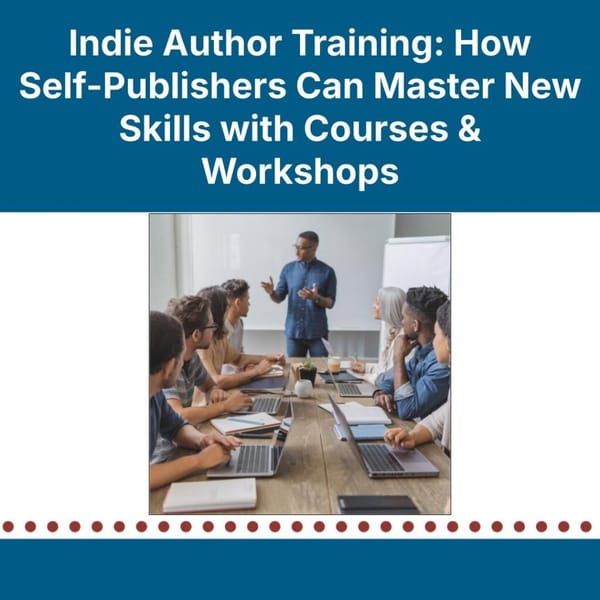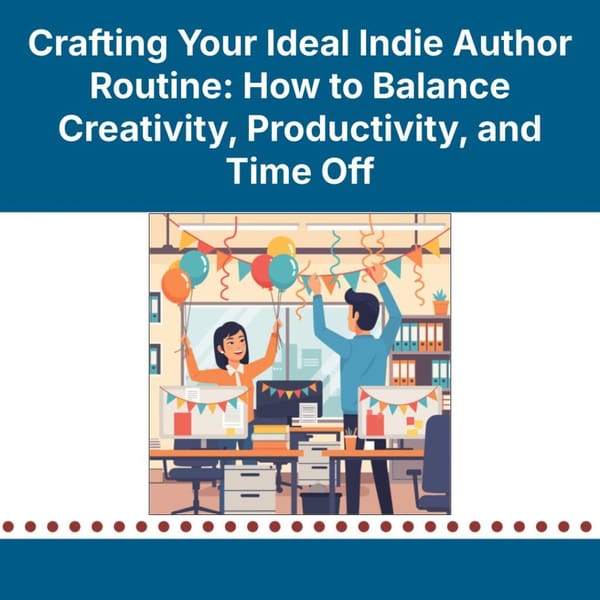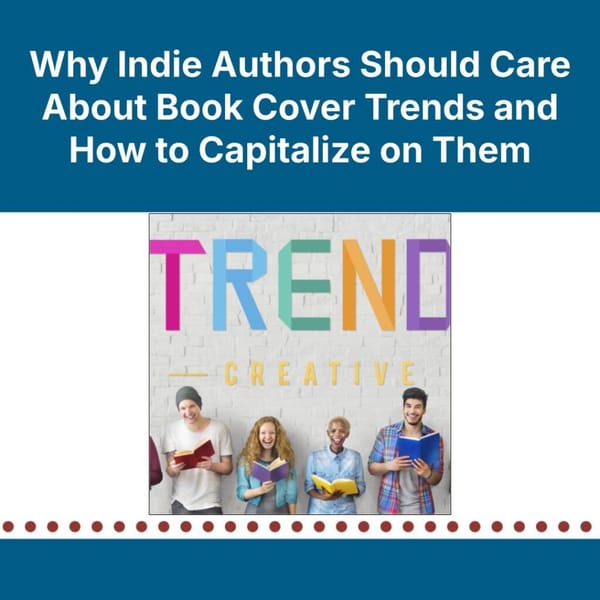To anyone who thought the discussions around AI might be quieting down, let this past month be an assurance: among authors, at least, the debate rages on.
On August 7, author and industry expert Jane Friedman wrote a blog post expressing frustration with Amazon and Goodreads after she discovered a series of nonfiction books, which she believed had been generated with AI, falsely published in her name. The article went viral, both for the concern that the same scam might be used to target other authors’ readership and for Amazon’s response to the situation. Though the books have since been taken down, initially, Friedman wrote that the company had closed her case because she did not have a trademark on her name.
On the same day, the creator of Prosecraft, an online database that provided statistical analysis of published works, took down the site after it received backlash from some in the publishing industry. Authors had raised concern the database created a “shadow library,” a collection that can make copyrighted or paywalled material more accessible to pirates or to be used for training AI.
Both headlines rekindled arguments about AI that started earlier this year, and we aren’t likely to see a resolution at any point soon, if the industry can reach one at all. Where some see AI as a threat to their ability to connect with new readers or protect their creations, others see it as an important aid in the publishing process. And neither group is wrong.
AI is a rapidly developing, powerful set of tools, and how people choose to use them will ultimately determine what they mean for creatives. Since our special issue on the topic, IAM has written several articles on AI tools and platforms. Even this month, one of our features highlights how AI can help with generating social media content—and its caveats. We write these articles not to convince you to use AI or to avoid it, but to explain it so you can consider the facts and your comfort level with the technology.
When it comes to AI, the industry will continue to debate. But the choice to use it will always be up to you.
Nicole Schroeder
Editor in Chief







